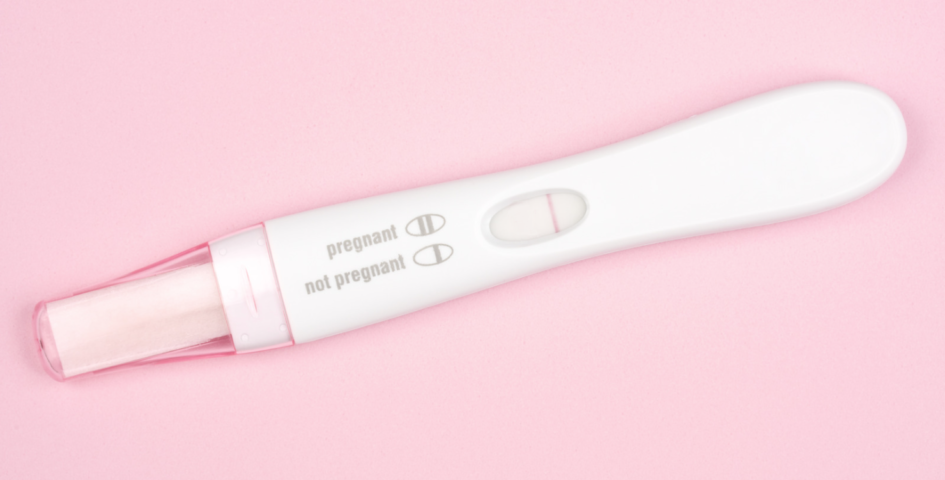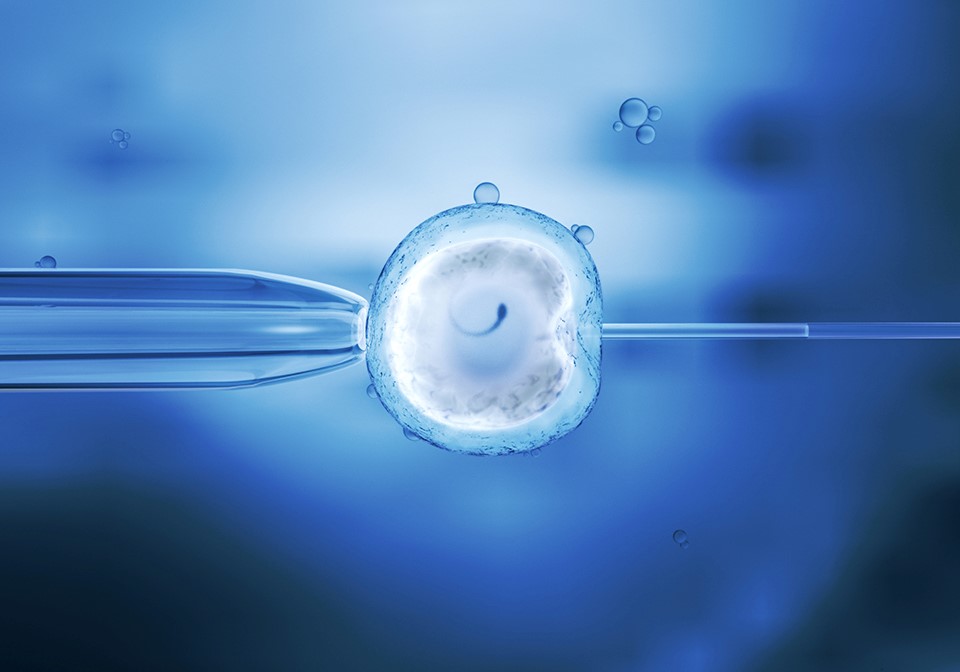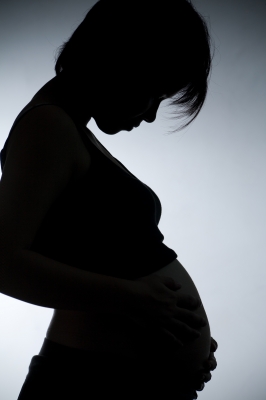Fertilization of an egg is the first and most important event in the sequence of events that have to happen in order to start a journey towards a successful pregnancy. Statistically, 5-10% of cycles result in complete fertilization failure following conventional in vitro fertilization (IVF). This is always devastating news for everyone.
What can cause fertilization failure?
Successful fertilization is heavily dependent on the quality of both the gametes; that is both the egg and the sperm.
However, the first suspect is always the sperm (male factors are found to be the cause of infertility about 30% of the time). But appearances are deceptive, and fertilization failure can be due to both impaired sperm as well as deficiencies in the eggs. Most commonly, it is a combination of both, making it unclear why healthy looking sperm fail to fertilize healthy looking eggs.
The standard semen analysis gives information about the count motility and morphology of the sperm. However it cannot predict the ability of a sperm to fertilize.
The traditional method of insemination in IVF involves exposing the retrieved egg to a portion of the best quality sperm from a washed sperm sample, leaving them together overnight and checking for fertilization the next day.
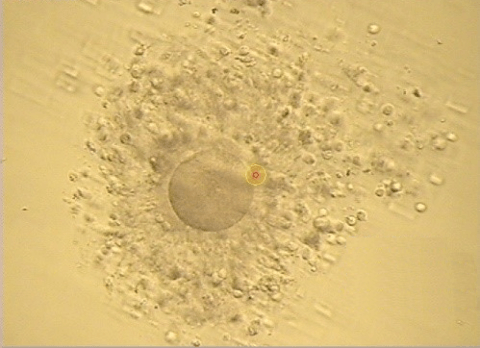
Mature egg surrounded by cumulus cells surrounded by sperm.
Fertilization is a complex process. Both the sperm and egg have to go through a rigorous ritual of before and after, for it to create an embryo.
Take the Next Step – Schedule an Appointment
How does fertilization occur?
Ejaculated sperm has to go through a process called capacitation before it has the ability to fertilize the egg (oocyte). In unassisted conception, it normally acquires this while traveling through the reproductive tract of the woman before it meets the egg. In IVF this is acquired during sperm washing.
The egg on the other hand goes through a series of changes (with the help of medication in IVF cycles) to reach maturity till it reaches its potential to be fertilized. Not all these changes are visible to the eye.
The egg is surrounded by cumulus cells. This is the first point of attachment for the sperm, which releases an enzyme on contact, making its way to reach the egg membrane (zona pellucida). It then undergoes a chemical change which allows it to penetrate the egg.
Once it penetrates the egg it releases all its contents, including its DNA (genetic material) into the egg, activating it. It then accumulates all its own DNA into a packet called a male pronucleus and waits for the egg like a good suitor to get ready for fertilization.
Once activated, the egg begins a series of complex cellular events. This ends with its own final maturation process, during which it also blocks the entry of other sperm. It then collects its own DNA in a female pronucleus and heads for the long awaited union with the male pronucleus.
The two pronuclei coming together is a sight for sore eyes for embryologists the next day and what they hope to see in the lab to confirm fertilization. This is called a Zygote.
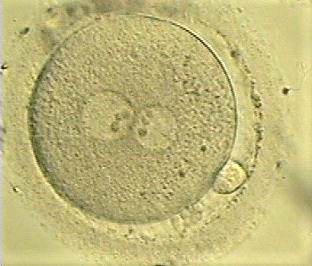
Zygote
If the growth of the egg is incomplete for any reason it cannot initiate this process. The complexity of the fertilization process is often overlooked or simplified. But in reality, a spoke in any of these steps can lead to failure.
Can ICSI help?
If a couple experiences fertilization failure the likelihood of this recurring in the next cycle is 30%. The couple are then likely to be counseled for Intra-Cytoplasmic Sperm Injection (ICSI) for the next cycle. ICSI is a treatment in which a single sperm is injected directly into an egg. Using ICSI can bypass a few transport sperm problems, but not all.
In some cycles with total fertilization failure, an attempt can be made to rescue the cycle. Delayed insemination using the ICSI procedure after nearly 24 hours can be tried. This is called rescue ICSI and the fertilization rates are as low as 0- 25 %. Although literature has reported a few rare cases successful pregnancies with this, we have not seen any at GENESIS.
If you would like to learn more about GENESIS Fertility New York or are ready to schedule an appointment, please speak with one of our representatives at 929-605-5467.


